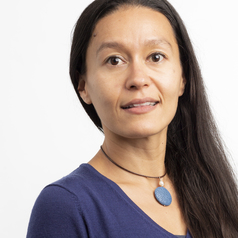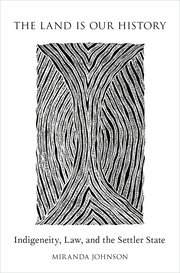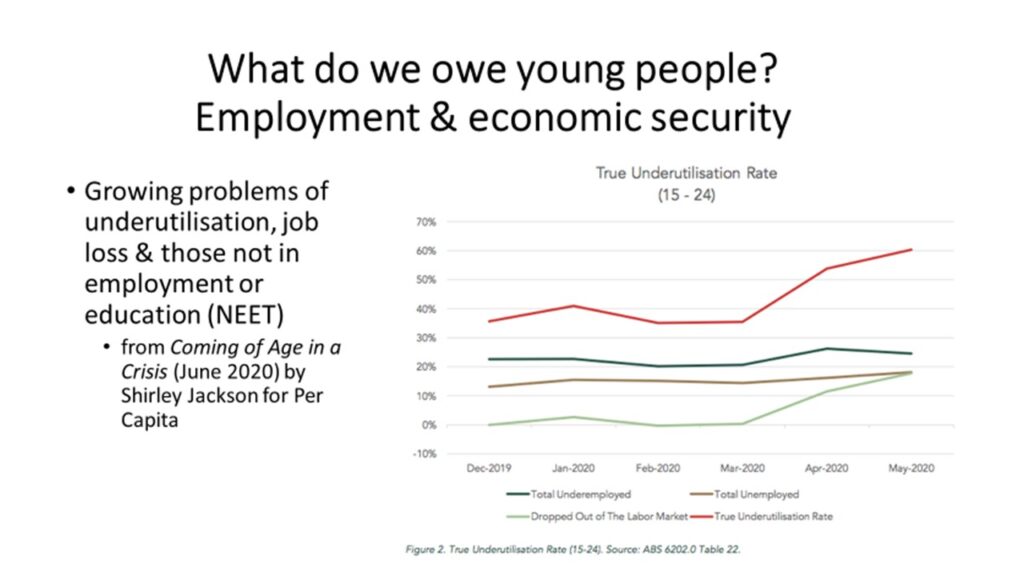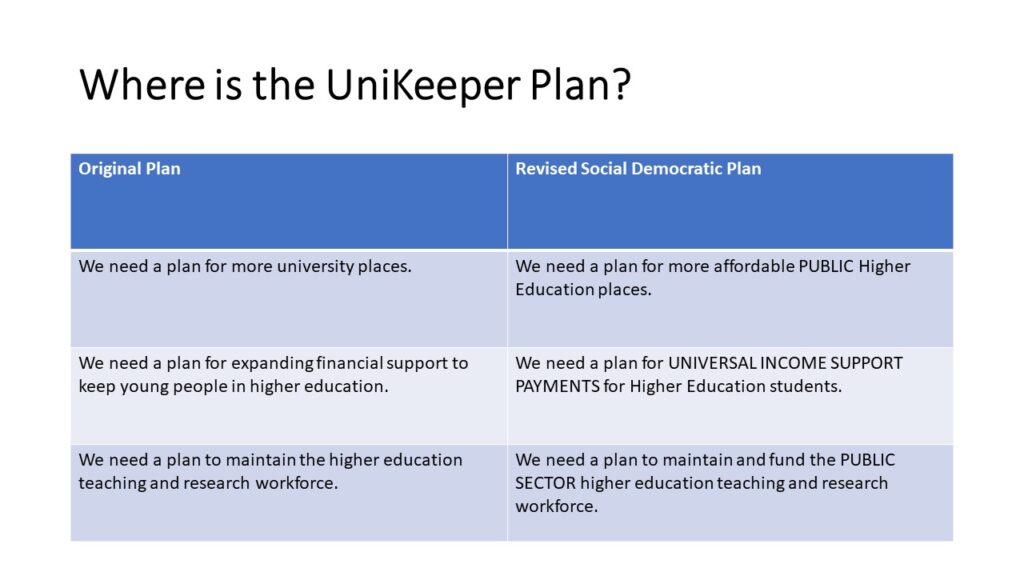Recording Experiences of the Pandemic
Authors: Kristian Marijanovic and Bella Bauer
Earlier in December, we heard from Nyree Morrison, from the University of Sydney Archives, on the University at the time of the Spanish flu. Considering nearly 40 per cent of the city was infected at one point, it was surprising how little we know about the University’s experience. One omission that stood out was that society records mentioned next to nothing about this disease that was ravaging the population. We cannot fill this absence but we can at least compensate for it by recording our current pandemic.
We are making a small but valuable archive of student and staff experiences of COVID-19, through an online survey and some interviews. Associate Professor Frances Clarke, who gave us the idea of the project, suggested its name, ‘Not Your Average Survey’, to which we added a subtitle, ‘A Student-led COVID-19 Archive’. It gets at the aim of the project, which is to record and preserve the experiences of a small but representative sample of people at the University during this time.
Beyond basic identifying details, such as gender and faculty, we wanted to know about people’s personal experience. We worked with Frances on setting out a series of questions, optional to answer and fairly open-ended, to get as many topics covered as we could; question 11 asks, ‘How would you describe the way this pandemic has reshaped your life?’ We wanted to know how people heard about COVID-19, what their initial response was, where they got their news about it from, and, of course, how they felt they were affected, whether it be socially, emotionally, education-wise, financially, or in any other way.
There were a few common themes in the survey responses. Some people enjoyed self-isolation; others didn’t. One staff member wrote, ‘Apart from missing physical contact with colleagues, the work experience has been exactly the same as it would be in person.’ But with mental health an oft-mentioned issue, it is clear it was a mixed experience. One staff member, who works in administration and was asked about how her thinking changed about the pandemic, wrote about ‘[m]ental health and feeling less trapped at home as time has passed’.
There were a range of attitudes to online learning but people generally felt the University responded as best as it could. One FASS student felt her ‘transition into online university was pretty good’, although she found it ‘interesting watching every authority figure refer to these as “unprecedented times”, whilst generally giving very few allowances for subpar work.’ A staff member, an Educational Designer, wrote, ‘We went into the proctored exams project knowing it would almost certainly disproportionately affect students who were of lower SES, in particular those in insecure housing or without financial resources’, and this could only be mitigated.
What of restrictions in general, beyond online learning and university? The new circumstances could be frustrating. One academic spoke about how her church adjusted to restrictions. She described what she did instead of singing, during in-person services; she clapped her hands and laughed loudly, saying, ‘I do percussion with my feet, with my hands, and I hum—and I feel frustrated!’ A FASS Honours student wrote that her ‘brother has bought 7+ Louis Vuittons [with stimulus money] … I frankly am frustrated constantly because my brother, the micro biologist, ignores COVID. He’s had 5+ people sleep over before, and he’s gone out clubbing.’ On a more serious note, one staff member wrote that ‘[f]amily relations became strained as we were confined to our home.’ These, more sensitive topics are something we wanted to record but it is difficult; this staff member provided little on the subject and, understandably, did not want to be interviewed.
We felt oral histories would complement the survey responses; interviews would give more depth, more vitality, to individual respondents. About 40 staff and students said they would be willing to be interviewed but many of these eventually ruled themselves out, as we started interviewing in late October, about two months since the last sizable amount of responses were submitted. Nonetheless, we conducted 10 interviews with 10 people, which ranged from half an hour to an hour in length. Five interviewees were professional staff, three were academic staff, and two were students. Associate Professor Julia Horne helped us plan the interviews, and we had two History Beyond the Classroom students, Claudia Rosenberg and Caitlin Williams, volunteering as interviewers.
Of course, there were issues with the survey and interviews. Diversity, for one. There were only three male interviewees and five of the interviewees were professional staff. It was a similar issue with the survey responses. As of 1 November, we recorded 139 responses. 74 per cent of respondents were female, 45 per cent were affiliated with FASS, and 91 per cent of students were domestic. Zoom interviews could be problematic. They were not recorded in an archivable file format, unlike the in-person interviews, and the interview sometimes might not ‘flow’ well; it is the same issue with a Zoom classroom. There were some other issues and oversights, such as neglecting to ask respondents for their age.
It is the end of this tumultuous year. The UK and the US have just approved vaccines. With the virus under control in Sydney, it seems like there will not be another opportunity to record how people experienced self-isolation and the other things that came with this pandemic. While we only began accepting responses from late June, which was after the State Government lifted some restrictions, this is still a valuable archive. It is a small but, we feel, representative sample of the University during this time.
Kristian Marijanovic and Bella Bauer



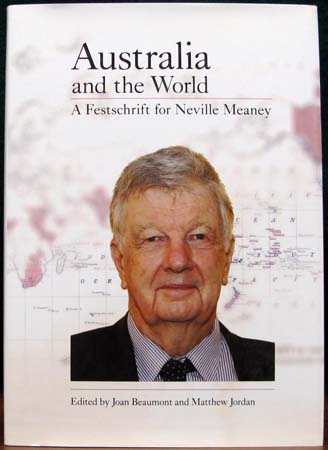


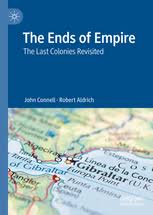

 From the Chair of Department
From the Chair of Department Curious about FASS students’ Semester 1 experience?
Curious about FASS students’ Semester 1 experience?